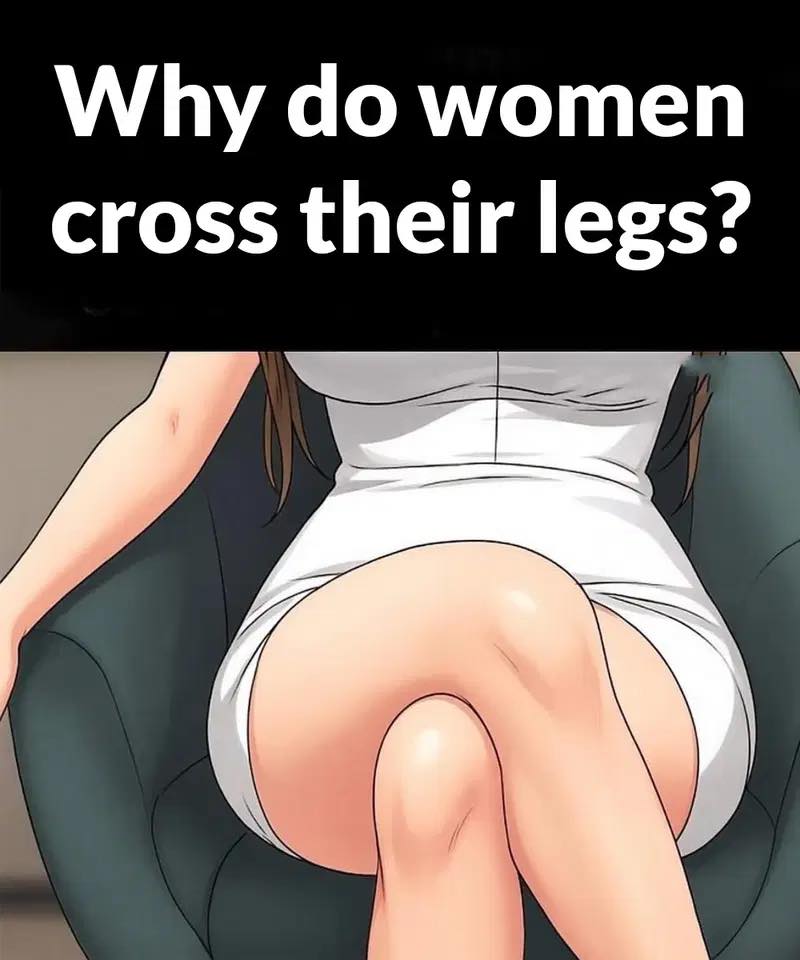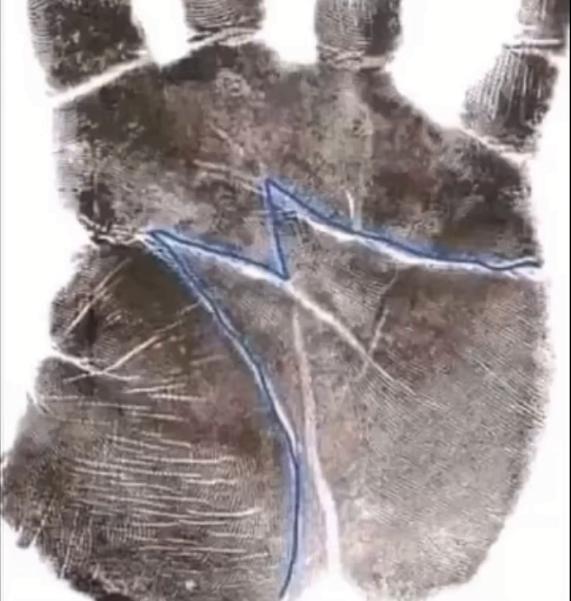Why do women cross their legs when sitting? Psychological perspectives
Crossing one’s legs while sitting is a behavior deeply influenced by cultural, social, and psychological factors. Throughout history, especially in Western societies, this gesture has often been associated with femininity, modesty, and decorum, projecting an image of delicacy. In other cultures, however, it might be interpreted as disrespect or disdain. The act reflects societal norms that influence how women present themselves in public spaces, often emphasizing grace and composure.
Psychologically, crossing legs can communicate various emotional states. It may indicate confidence or, conversely, vulnerability and insecurity. Women often use this posture to establish personal space, creating a protective barrier. From a psychoanalytic perspective, a closed leg posture can signal anxiety, while an open posture may reflect confidence and openness. These nonverbal cues serve as important forms of communication, providing insight into a woman’s emotional state.

In social and professional settings, leg crossing can influence how a person is perceived. It might be interpreted as a sign of reserve or discomfort, or conversely, openness and engagement. Cultural context plays a crucial role in interpreting this gesture—while it can signal respect in some cultures, it may be seen as impolite in others. Women’s leg-crossing habits often differ from men’s, impacting perceptions of their confidence and authority.
The way women cross their legs also ties into gender stereotypes. In professional environments, women with open postures may be seen as more assertive, while those with crossed legs might be perceived as less authoritative. This emphasizes how body language shapes social perceptions and reinforces gender norms. Breaking away from these stereotypes could promote greater gender equality, allowing women to express themselves freely without conforming to traditional expectations.






